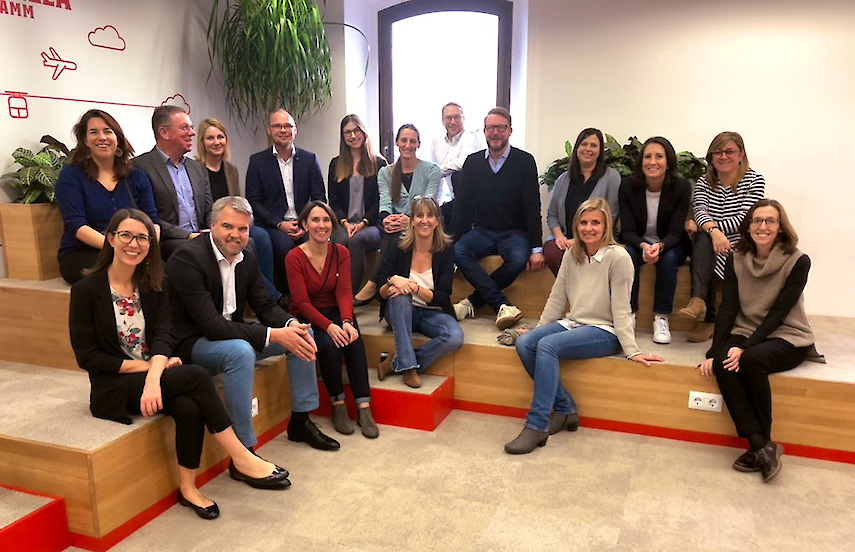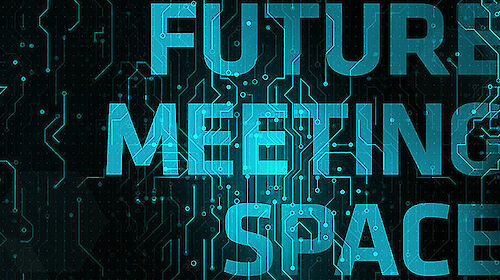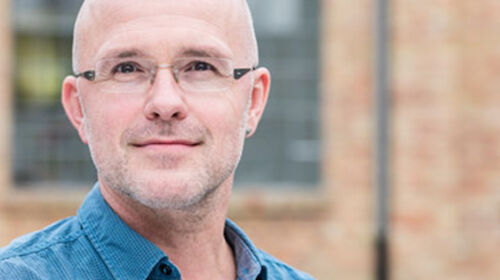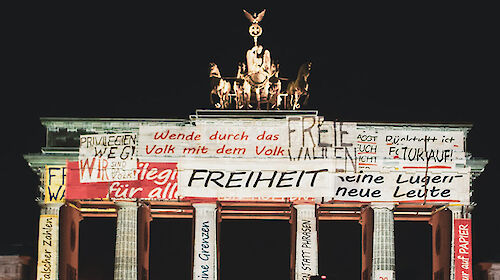Future Meeting Space Hits the Road: Learning Through Knowledge Exchange in Barcelona
 © Jon Tyson / Unsplash.com
© Jon Tyson / Unsplash.com
Now in its third research phase, the “Future Meeting Space” (FMS) innovation network is currently exploring the value of meetings and events in a time when technology is enabling new ways of interacting.
On a recent learning journey to Barcelona, the FMS team of international meetings community partners headed by the German Convention Bureau took the chance to put the very principle of meetings – knowledge transfer through connecting with others – into practice: to learn from innovative companies in the event space and furthermore be inspired by how the city’s players are engaging in building innovative ecosystems that are based on community, networking and collaboration.
Fostering innovation in collaborative ecosystems
With the aim of positioning Barcelona among the most important tech hubs in the world, Barcelona Tech City shows how a community of more than 800 local entrepreneurs can drive innovation. Collaboration is fostered in hubs such as Pier 01 as a Barcelona’s Tech City project that provides space for over 100 companies and start-ups with 1,000 employees who come together in co-working areas, showrooms and joint spaces to encourage innovation and working across silos. BYHOURS, a booking platform for hotel micro-stays, is one of them that introduced the FMS team to their concept of ultra-personalised modern travelling: Users book hotels for less than 24 hours, decide when to check-in and check-out and only pay for the time they need. As previous FMS research has shown, customisation is an important component of events of the future, with participants looking to create agendas of their choice, including picking and choosing formats, speakers or food and drink. Mirroring the BYHOURS granular and flexible approach, providing attendees with the option of booking particular agenda slots individually might, for example, be a way of tapping into new audiences and increase attendee figures.
Another way of adding value for participants was presented by the Closer2Events start-up, which provides a digital map showing real-time accommodation availability in the vicinity of events. Organisers can also add hotels that have explicitly been selected for their event. The platform increases convenience for meeting and conference attendees, providing them with relevant infrastructure information at their destination and simplifying travel planning, which ultimately increases the overall satisfaction with the event.
Building year-round content-driven communities
Networking, knowledge transfer and community building are key components for successful events. The yearly OFFF Festival as a 3-day event for the international creative industry with about 5,000 attendees per day provided the FMS group with a best practice for how to realise on these essentials. Apart from the yearly event itself, OFFF has built a community and influencer network of 100,000 members worldwide. As described by its director Pep Salazar, it focuses on becoming a year-round content platform that also engages with local creative communities in different parts of the world in smaller OFFF events outside Barcelona to boost knowledge exchange and collaboration. Salazar also highlighted the importance of finding the right way of engaging with your audience, saying that the festival has, for example, moved away from newsletter communication to social media content only, simply because their community needs more and faster information. Another important OFFF learning can be taken from their latest project of establishing an OFFF Academy, which will offer training and education for young professionals in creative fields and thereby take knowledge transfer to yet another level.
At 22@ Barcelona, an urban transformation project that is currently creating a new innovation district in the Catalan city on former industrial land, the concept of building immersive events in the sense of following a strategy of year-round engagement was further underlined when meeting the team behind 4YFN (4 Years From Now), which operates from one of the district’s co-working hubs: As the start-up event of GSMA MWC, the world’s largest exhibition for the mobile industry, 4YFN creates international events throughout the year with business talks, networking activities, community outreach and innovation programmes to support start-ups and connect them with investors and companies. Similarly, to OFFF, their strategy is based on creating a global community around business events and offering regular content.
Human factor drives technology applications in events
Another key point – maybe the most important one – that emerged from the Barcelona learning journey concerns the importance of the “human factor” in events. The exchange with start-ups and innovative event organisers underlined that the use of technology must never be an end in itself but a means to support meaningful social interaction. This means that even the most “techie” technologies, such as virtual reality, which is expected to become an integral part of events in the future, need to enhance participants’ experiences in a human way that fosters emotional interaction. Not for nothing, the Domestic Data Streamers start-up, which is also part of the 22@ Barcelona ecosystem and creates new ways of communicating through data storytelling, works with a multidisciplinary team of anthropologists, psychologists, engineers, designers and communication experts using design, art, science and technology as the primary vehicles to connect people with data information. They firmly believe that the interchange of information between people should always carry emotions, experiences and create knowledge – a credo that, no doubt, aligns with the insights gained so far through the FMS research.
We thank all committed research partners and Barcelona for this exciting research trip!

 ©
© ©
© ©
©